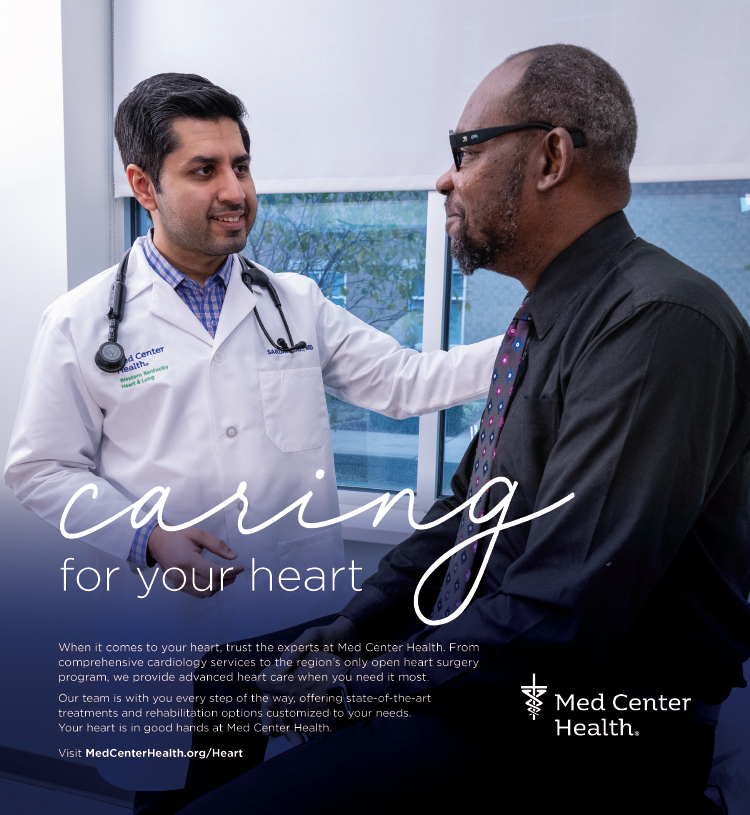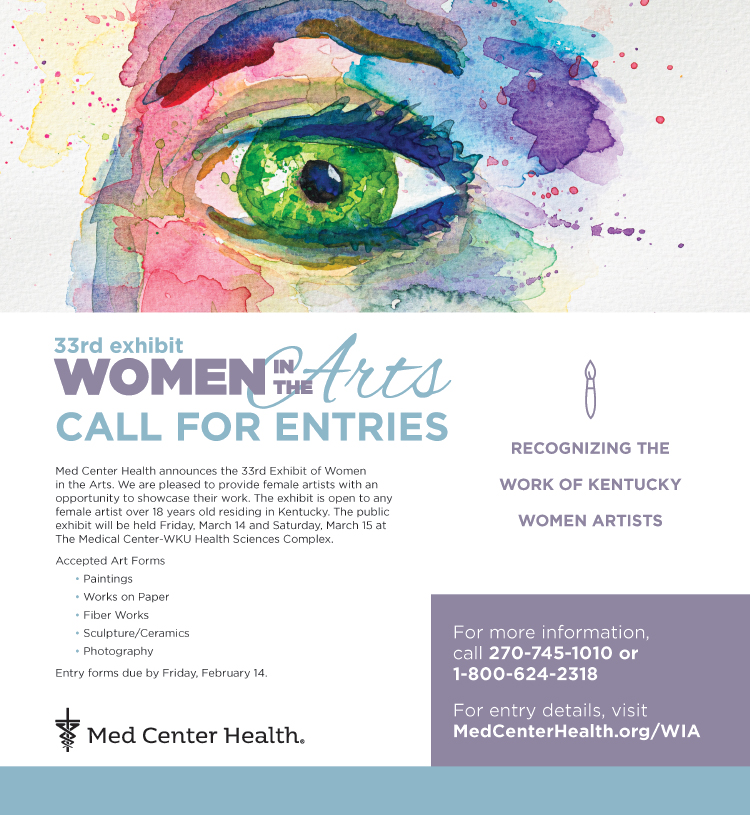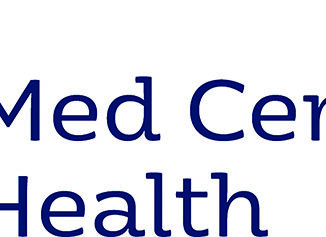
Every year, more than 800,000 Americans suffer a heart attack, with more than 75% of those people experiencing their first heart attack. That’s why it is important to know and be aware of the signs and symptoms of a heart attack.
A heart attack occurs when the flow of blood to the heart is severely reduced or blocked. Symptoms of a heart attack vary. Some people have mild symptoms. Others have severe symptoms. Some heart attacks strike suddenly, but many people have warning signs and symptoms hours, days or weeks in advance. Chest pain or pressure (angina) that keeps happening and doesn’t go away with rest may be an early warning sign. Other more common heart attack symptoms can include:
•Chest pain that may feel like pressure, tightness, pain, squeezing or aching
•Pain or discomfort that spreads to the shoulder, arm, back, neck, jaw, teeth or sometimes the upper belly
•Cold sweat
•Fatigue
•Heartburn or indigestion
•Lightheadedness or sudden dizziness
•Nausea
•Shortness of breath
Signs and symptoms of a heart attack can also differ between men and women. As with men, women’s most common heart attack symptom is chest pain or discomfort. Some women having a heart attack describe upper back pressure that feels like squeezing or a rope being tied around them. Women may have other symptoms that are typically less associated with heart attack, such as:
•Anxiety
•Shortness of breath
•Upset stomach
•Pain in the shoulder, back, or arm
•Unusual tiredness and weakness
Prompt treatment is needed for a heart attack to prevent death. That is why it is so important to be aware of the signs and symptoms of a heart attack.
“Knowing the symptoms of a heart attack allows you to recognize when to seek medical attention,” said Seth Wilson, Director of Medical Center EMS. “Early medical attention can help prevent or lessen the effects of a heart attack and allow for coronary interventions to be performed.”
Call 911 if you think you might be having a heart attack. If you don’t have access to emergency medical services, including an ambulance, have someone drive you to the nearest hospital. Drive yourself only if there are no other options.
“By dialing 911, it allows EMS staff to obtain an Electrocardiogram (EKG) to determine if you are actively having a heart attack, as well as other medical necessities to be performed,” said Wilson. “If it is determined you are having a heart attack, then you can be transported to a hospital, such as The Medical Center at Bowling Green, to undergo a heart catheterization.”
Time is critical during a heart attack. During a heart attack, the heart muscle begins to die rapidly when blood flow is blocked, meaning that prompt medical intervention is crucial to minimize damage and maximize the chance of survival. When it comes to a heart attack, every minute of delay is potentially causing further, irreversible damage to the heart tissue.
“The quicker interventions can be done on the heart, the less damage is done and ultimately less detrimental on your overall outcome in health and quality of living,” said Wilson. “If in doubt, call 911. An ounce of prevention can save your life.”
To learn more about the signs and symptoms of a heart attack, visit medcenterhealth.org/cardio.
-submitted by Med Center Health







Be the first to comment